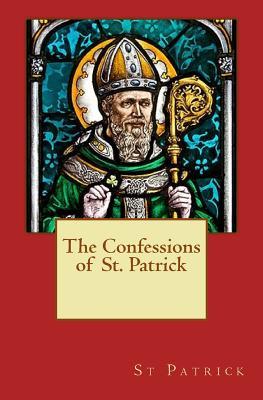
The date of Patrick's birth is not known, but it has been placed in the early years of the fifth century. His "saint's day" is celebrated on March 17th, but it is uncertain that this is the actual date of his birth. There are two extant writings, both believed to be genuine, which are attributed to Patrick; the "Confession," and a letter to the British king, Coroticus.
Patrick has been adopted, over the centuries, by Irish Catholics as one of their own, but the language of his "Confession" is free from any reference to Rome, the Pope, the Virgin Mary, church hierarchies or any of the other trappings of Roman Catholicism. Instead, it is a simple statement more consistent with a "New Testament-style," apostolic and evangelical Christianity.
The date of Patrick's birth is not known, but it has been placed in the early years of the fifth century. His "saint's day" is celebrated on March 17th, but it is uncertain that this is the actual date of his birth. There are two extant writings, both believed to be genuine, which are attributed to Patrick; the "Confession," and a letter to the British king, Coroticus.
Patrick has been adopted, over the centuries, by Irish Catholics as one of their own, but the language of his "Confession" is free from any reference to Rome, the Pope, the Virgin Mary, church hierarchies or any of the other trappings of Roman Catholicism. Instead, it is a simple statement more consistent with a "New Testament-style," apostolic and evangelical Christianity.
Paperback
$9.00